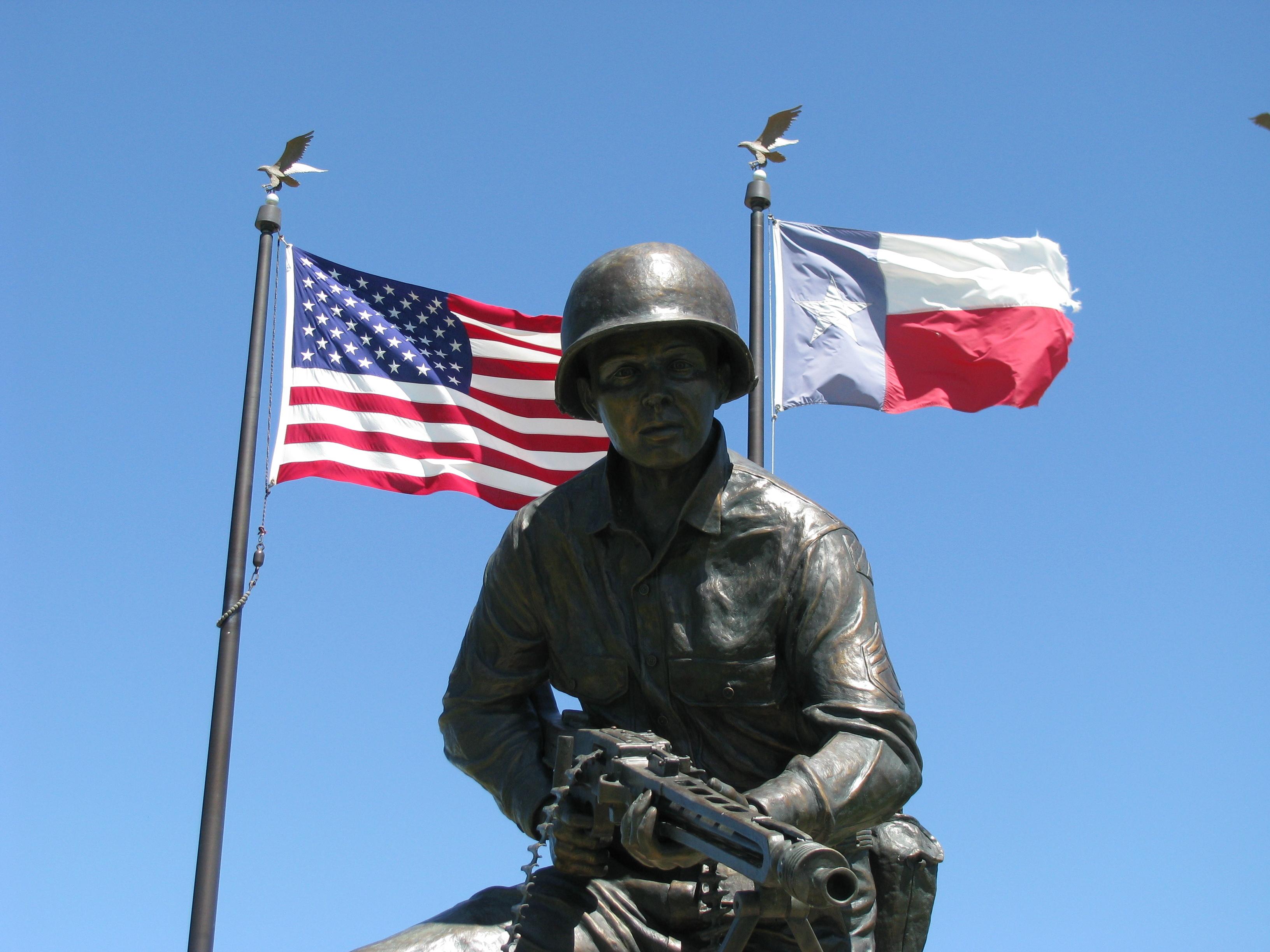Audie Murphy’s valor during World War II is a testament to extraordinary courage under fire. By January 1945, he had already earned the Distinguished Service Cross, two Silver Stars, and two Bronze Stars. During the Colmar Pocket operation, a pivotal moment in preventing a potential German breakout, Lieutenant Murphy’s actions on January 26, 1945, became legendary. As German tanks and infantry attacked, Murphy’s company suffered severe casualties. With only a handful of men left and facing overwhelming odds, Murphy made a courageous decision.
As his company retreated, Murphy remained at a forward position, directing artillery fire. With his carbine out of ammunition and German forces advancing, Murphy mounted a burning tank destroyer and used its .50-caliber gun to repel the enemy. His actions, under intense fire, effectively stopped the German advance. During this engagement, he killed an estimated 50 German troops. For over an hour, Murphy continued to fire the machine gun, call in artillery, and withstand enemy fire, even after being wounded. His counterattack after the German retreat was instrumental in regaining lost ground. This extraordinary stand earned him the Medal of Honor.
After the war, Murphy’s fame led to a successful career in Hollywood, where he starred in 44 films, including “To Hell and Back,” a movie adaptation of his autobiography. Despite his fame, Murphy remained a humble veteran, advocating for PTSD research and treatment, drawing from his personal struggles with the condition.
Best Coverage:






